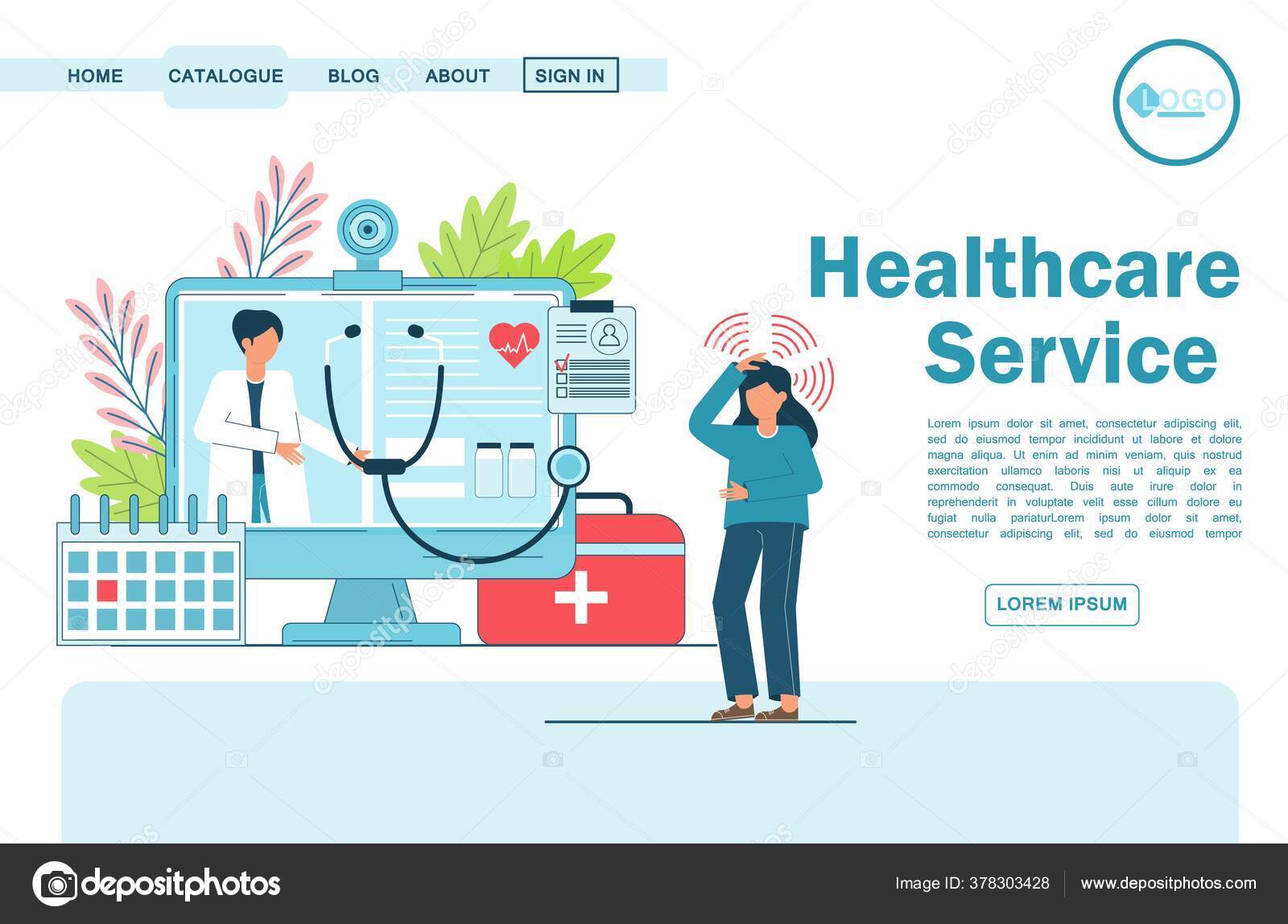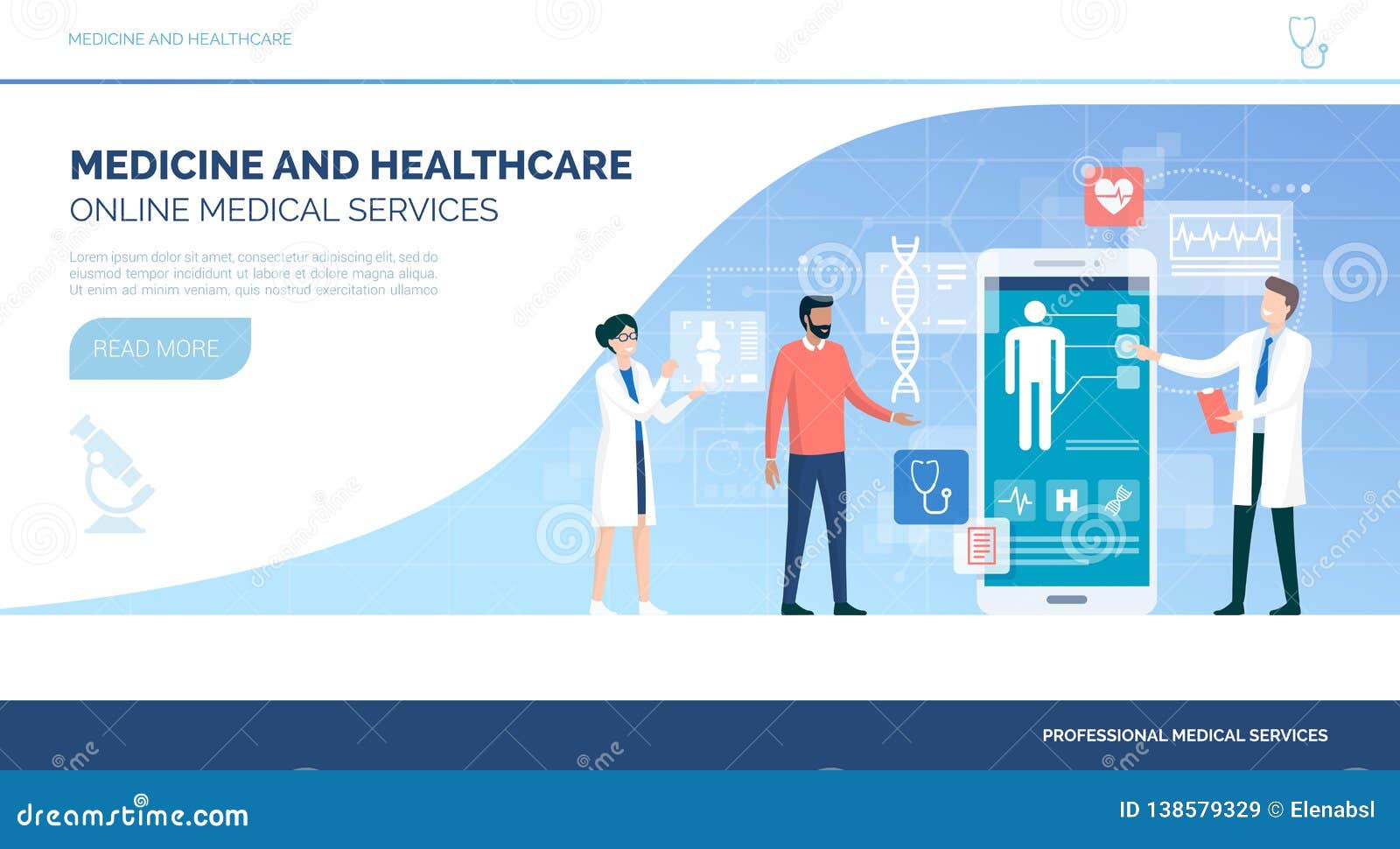Navigating the Future of Medication With Subscription-Based Medical Care Provider
As the health care market develops, subscription-based services become an essential design promising to reshape person treatment shipment. With the potential to supply structured, economical services through foreseeable prices and individualized interest, these services stand at the center of contemporary medical technology. Yet, as we consider their surge, one need to consider the implications of incorporating such systems into existing healthcare structures. What challenges do they pose in regards to information protection and equitable accessibility, and exactly how might they redefine the patient-provider relationship? The responses to these questions might fundamentally change our approach to health care.
Surge of Membership Medical Care
As healthcare systems worldwide face raising pressures from increasing prices and need for services, the development of subscription-based medical care models has become a transformative fad. This innovative method is disrupting standard medical care distribution by offering a predictable, flat-rate repayment framework for clinical solutions. Rooted in the concepts of concierge medicine, subscription-based healthcare enables service providers to concentrate on tailored patient care while at the same time handling operational effectiveness.
The increasing customer demand for openness and predictability in medical care costs has driven the change towards this version. Subscription-based solutions typically offer straight access to healthcare specialists, which can decrease the management problems associated with insurance policy claims and reimbursements.
This version is acquiring grip among varied health care service providers, from key care medical professionals to specialized centers, by aligning monetary incentives with precautionary and continuous treatment. By shifting the focus from volume to value-based treatment, subscription health care has the potential to reshape the landscape, cultivating a more patient-centered and sustainable technique to wellness administration.
Advantages for Patients

Furthermore, subscription-based services commonly stress preventive care, encouraging regular examinations and health and wellness testings. This positive technique can bring about very early discovery of wellness concerns, possibly boosting end results and reducing long-term healthcare costs for patients. Furthermore, such models usually supply clear rates, permitting individuals to much better comprehend their medical care expenditures and stay clear of unanticipated clinical costs.
The personalized nature of subscription-based healthcare additionally improves client experience. Patients can obtain customized health care strategies that suit their certain demands, fostering an extra patient-centric technique. This personalization can lead to better client fulfillment and adherence to treatment strategies. Registration services usually integrate wellness programs, sustaining individuals in maintaining general health and wellness. Ultimately, these advantages jointly contribute to an extra effective, cost-efficient, and patient-friendly health care experience.
Modern technology's Role in Improvement

Expert system (AI) plays an important function in predictive analytics, helping in early diagnosis and tailored treatment plans. AI algorithms analyze large datasets to identify patterns that may be ignored by human observation, therefore enhancing scientific decision-making. Electronic health records (EHRs) streamline person information administration, ensuring continuity and coherence of treatment across various solutions and suppliers.
Blockchain innovation enhances information safety and privacy, crucial for keeping individual rely on electronic systems. It enables safe and secure and clear purchases of medical information, guaranteeing that sensitive info remains safeguarded. With the integration of artificial intelligence and AI, blockchain can automate complex medical care processes, minimizing administrative worries.
Considerations and obstacles
While technology moves the capabilities of subscription-based health care solutions, it likewise presents a collection of difficulties find out here now and factors to consider that should be resolved to ensure successful execution. One significant difficulty is the fair ease of access of these solutions. As registration models commonly depend on digital systems, there is a threat of intensifying the electronic divide, leaving people without internet gain access to or electronic proficiency. Ensuring these services do not overmuch profit only tech-savvy and wealthy populations is necessary.
Data privacy and safety and security represent another important consideration. Subscription-based services typically involve the collection and storage of large amounts of personal health information. Companies should follow strict data protection policies to maintain patient trust and protect against unapproved accessibility, which can cause considerable ethical and legal effects.
In addition, the sustainability of registration designs positions a challenge. As health care requires progress, preserving an affordable balance in between registration charges and service top quality is crucial to stop patient frustration and attrition. Integrating these solutions within conventional healthcare systems needs seamless interoperability in between platforms, which is commonly a complex and resource-intensive undertaking. Attending to these challenges is necessary as subscription-based healthcare solutions continue to progress and expand.
Future Effects for Medication
Subscription-based health care solutions are positioned to considerably affect the future landscape of medication by improving how care is accessed and delivered. These models provide the prospective to democratize health care accessibility, supplying people with even more tailored and prompt treatments. By leveraging modern technology, such as telemedicine and information analytics, membership services can assist in constant tracking and tailored discover here health and wellness management, thus improving outcomes and reducing the problem on standard health care systems.
As these services gain traction, they can boost a change towards preventative care, stressing the value of early detection and management of persistent conditions. This proactive approach might inevitably reduce health care costs by alleviating the need for costly treatments emerging from late-stage illness management. Membership models supply a scalable service to address differences in healthcare accessibility, especially in underserved or rural populaces.
However, the change towards subscription-based versions necessitates resolving regulative and moral considerations, consisting of data personal privacy and equitable gain access to. As the sector develops, joint efforts between policymakers, modern technology designers, and medical care providers will be critical to establishing durable structures that safeguard individual passions while fostering advancement. Inevitably, these services guarantee to add significantly to a more effective, patient-centered medical care ecosystem.

Conclusion
Subscription-based health care services represent a considerable evolution in the medical area, using predictable expenses and individualized treatment that enhance accessibility and focus on precautionary actions. As the health care landscape advances, subscription models are poised to play a crucial duty in shaping the future of medication.
As the health care industry develops, subscription-based services arise as a pivotal design assuring to reshape patient care shipment.As healthcare systems around the globe face raising pressures from increasing costs and demand for services, the advent of subscription-based health care versions has actually emerged as a transformative pattern (subscription based healthcare).With the increase of subscription-based medical care versions improving typical medical care shipment, patients are beginning to experience substantial advantages from this ingenious method. As healthcare requires progress, preserving an affordable balance between registration fees and solution top quality is crucial to avoid patient dissatisfaction and attrition.Subscription-based healthcare solutions are positioned to substantially influence the future landscape of medicine by reshaping just how care is accessed and supplied
Comments on “Checking out the Growth of Subscription Based Healthcare in the Digital Age”